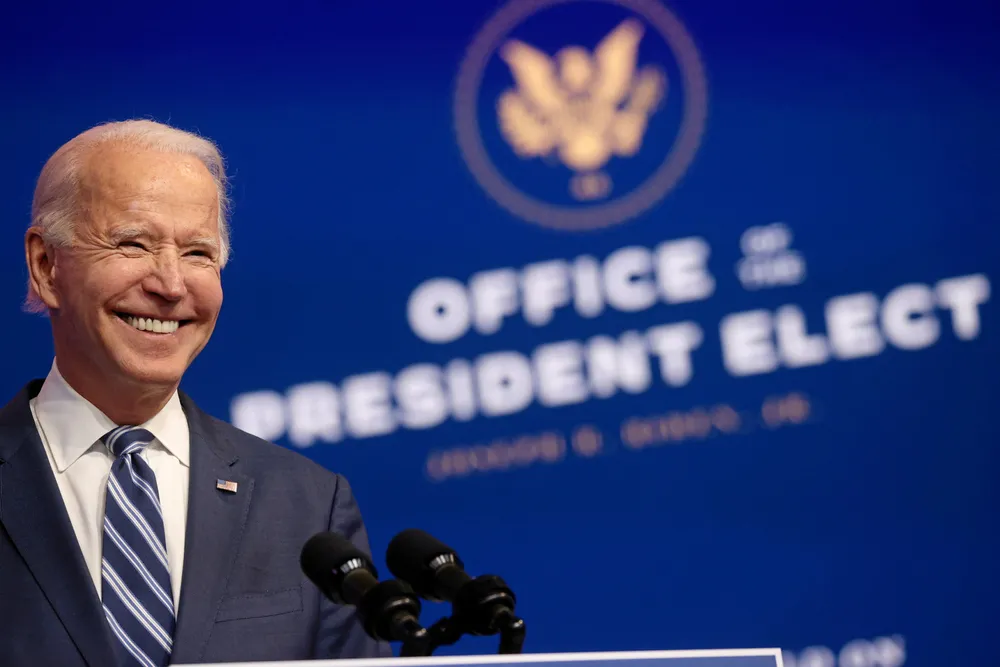OPINION: US engagement in Middle East set for change under Biden
US President-elect Joe Biden's administration is expected to take substantially different approach in region to Trump

US President-elect Joe Biden's administration is expected to take substantially different approach in region to Trump
